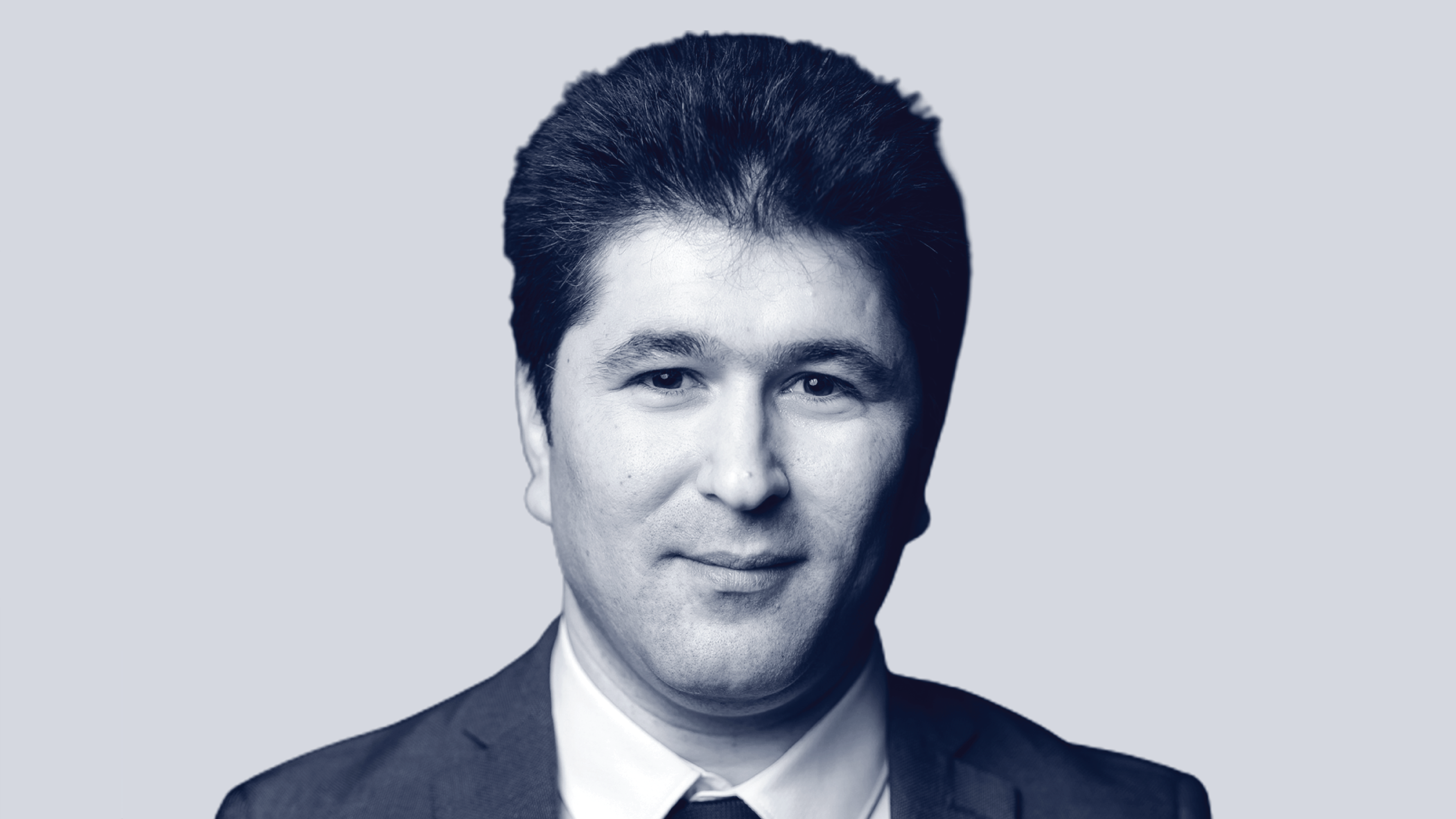NEW YORK (January 21, 2022) — The Human Rights Foundation (HRF) welcomes the United Nations Working Group on Arbitrary Detention’s (UNWGAD) determination that the February 2019 kidnapping and subsequent unlawful detention of Sharofiddin Gadoev in Russia and Tajikistan, respectively, were arbitrary and in violation of international law. In its decision, the UNWGAD concluded that Russia and Tajikistan had failed to establish any legal basis for Mr. Gadoev’s detention, and that his wrongful detention had violated international law fair trial principles.
“We celebrate the Working Group’s formal recognition of the arbitrary nature of Mr. Gadoev’s kidnapping and detention by Russian and Tajik government officials,” said HRF Director of Legal & Programs Michelle Gulino. “Sharofiddin Gadoev and his family have lived in a constant state of fear, and he was directly targeted for his peaceful activism against the authoritarian Tajikistan regime’s rampant corruption. Unfortunately, his story is an all-too-common example of open persecution against Tajik activists, who are plagued by authoritarian rule and battle corruption at every level. Russia and Tajikistan colluded in Mr. Gadoev’s forcible transfer and must heed the requests by the Working Group to immediately remedy Mr. Gadoev’s situation in accordance with international norms.”
Sharofiddin Gadoev is a Tajik opposition leader and anti-corruption activist who was abducted by Russian and Tajik intelligence services in Moscow in February 2019, while living in exile. Members from the Russian Ministry of Internal Affairs and the Russian Federal Security Service handcuffed Mr. Gadoev, wrapped his head in tape, and placed a plastic bag over his head, forcing him onto a commercial flight from Moscow to Dushanbe, Tajikistan. While detained in a basement of the Tajik Ministry of Internal Affairs, Mr. Gadoev was continuously beaten and denied access to legal representation or due process.
Mr. Gadoev’s family had already come under threat by the Tajik government, and his father had died as a result of torturous beatings by Tajik law enforcement interrogators. Under threat from an operations group commanded by National Security Council generals, Mr. Gadoev, his mother, and his sister were forced to appear in staged videos, stating that he had returned to Tajikistan on his own accord. Mr. Gadoev had previously recorded a prophetic video, stating: “If you see this video, it means I have been murdered, kidnapped or that I have gone missing… If I suddenly turn up […] declaring that I am in Tajikistan and that I have returned of my own free will, you must not believe this.” Mr. Gadoev was released from arbitrary detention on March 2, 2019 and returned abroad, thanks to persistent intervention by the international human rights community.
Last month, the UNWGAD published a decision declaring that Mr. Gadoev’s “proxy detention” lacked a legal basis and was therefore arbitrary under international law. The Working Group further classified Mr. Gadoev’s detention as contravening Articles 6, 9, 10, 11,19, and 21 of the Universal Declaration of Human Rights and Articles, 9, 14, 19, 25, and 26 of the International Covenant on Civil and Political Rights.
HRF’s Impact Litigation program provides international legal representation to prisoners of conscience whose cases are emblematic examples of the brutality of dictatorship. HRF’s Center for Law and Democracy regularly submits emblematic cases of arbitrarily imprisoned dissidents and pro-democracy activists to international judicial and semi-judicial bodies of the United Nations system and multiple other special procedures under the UN Human Rights Council.
